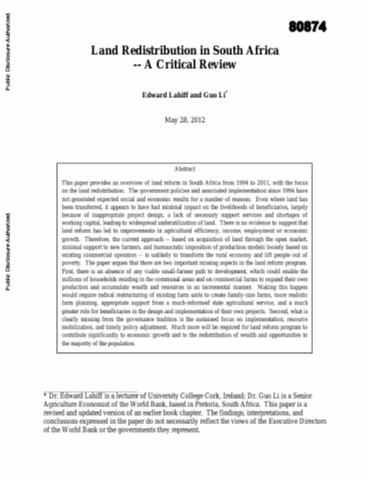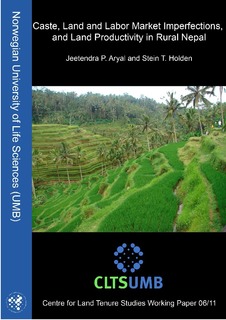Low-income Housing in Latin America and the Caribbean
Housing is one of the most important
sectors of the economy -- in developing countries as in
richer ones -- with large positive externalities in terms of
economic growth, public health and societal stability. It is
the primary form of asset accumulation for the poor -- often
representing more than 50 percent of the assets of
households. However, housing systems in developing countries
are dominated by badly designed, poorly targeted, and



